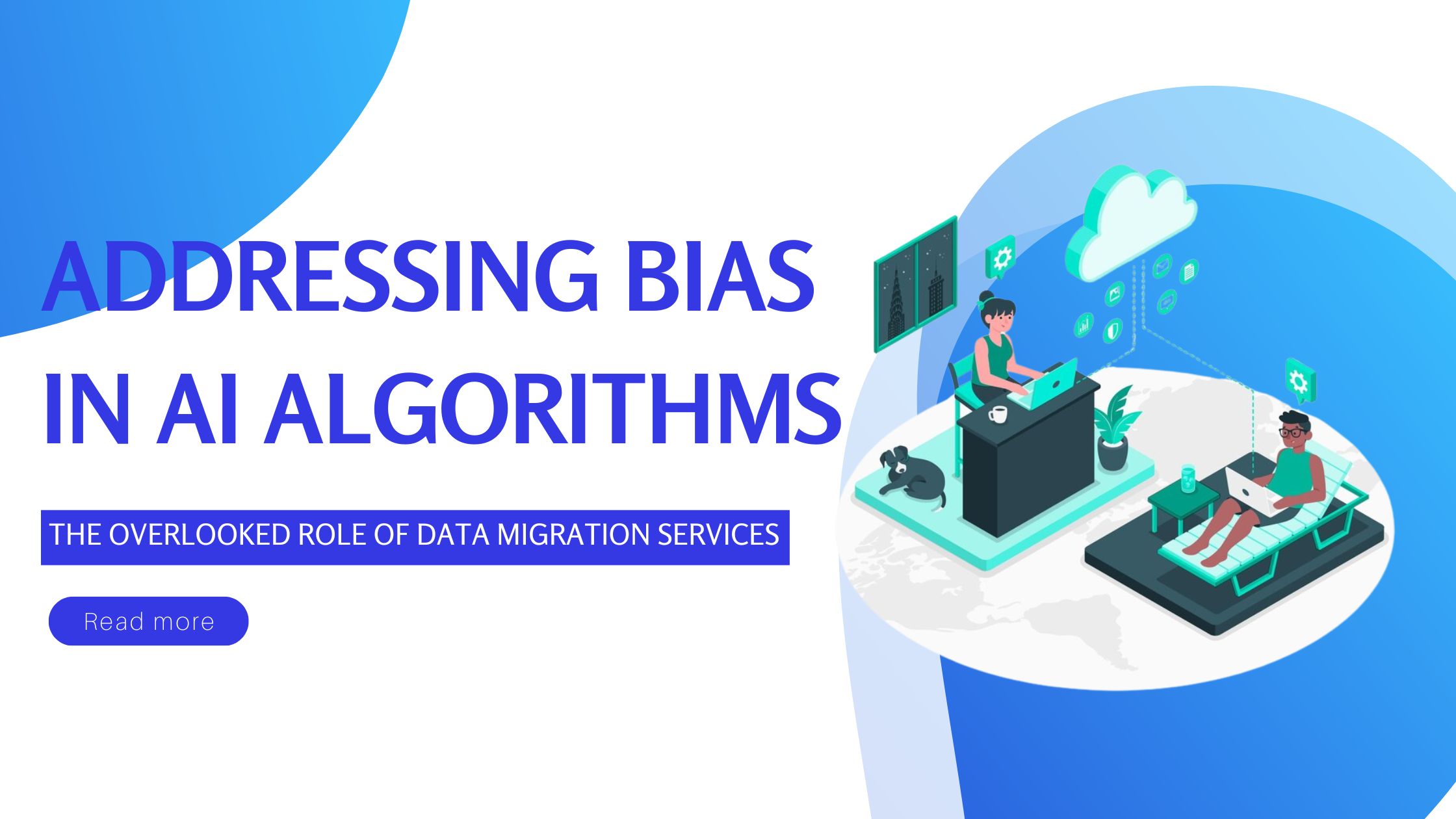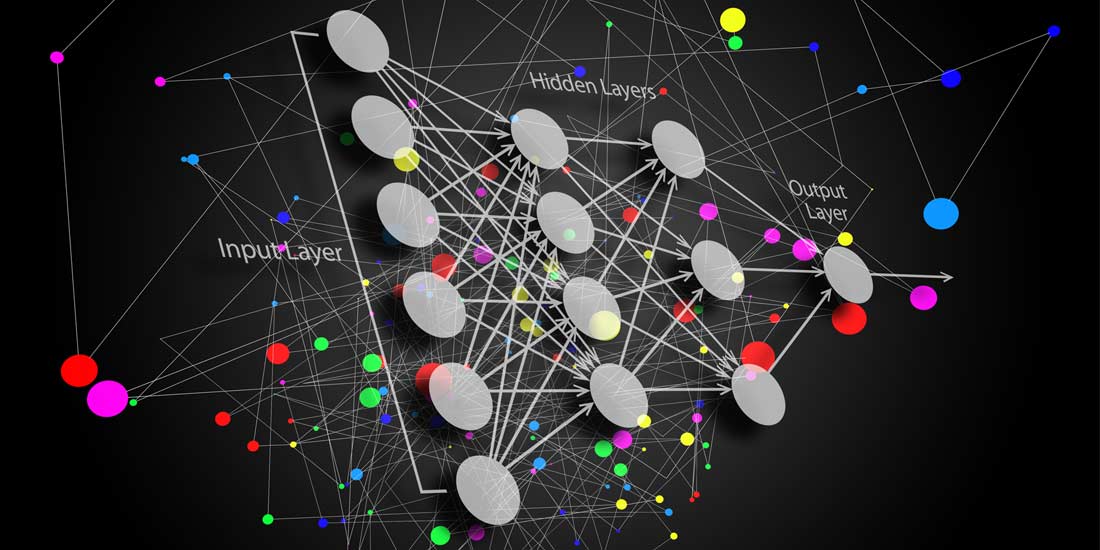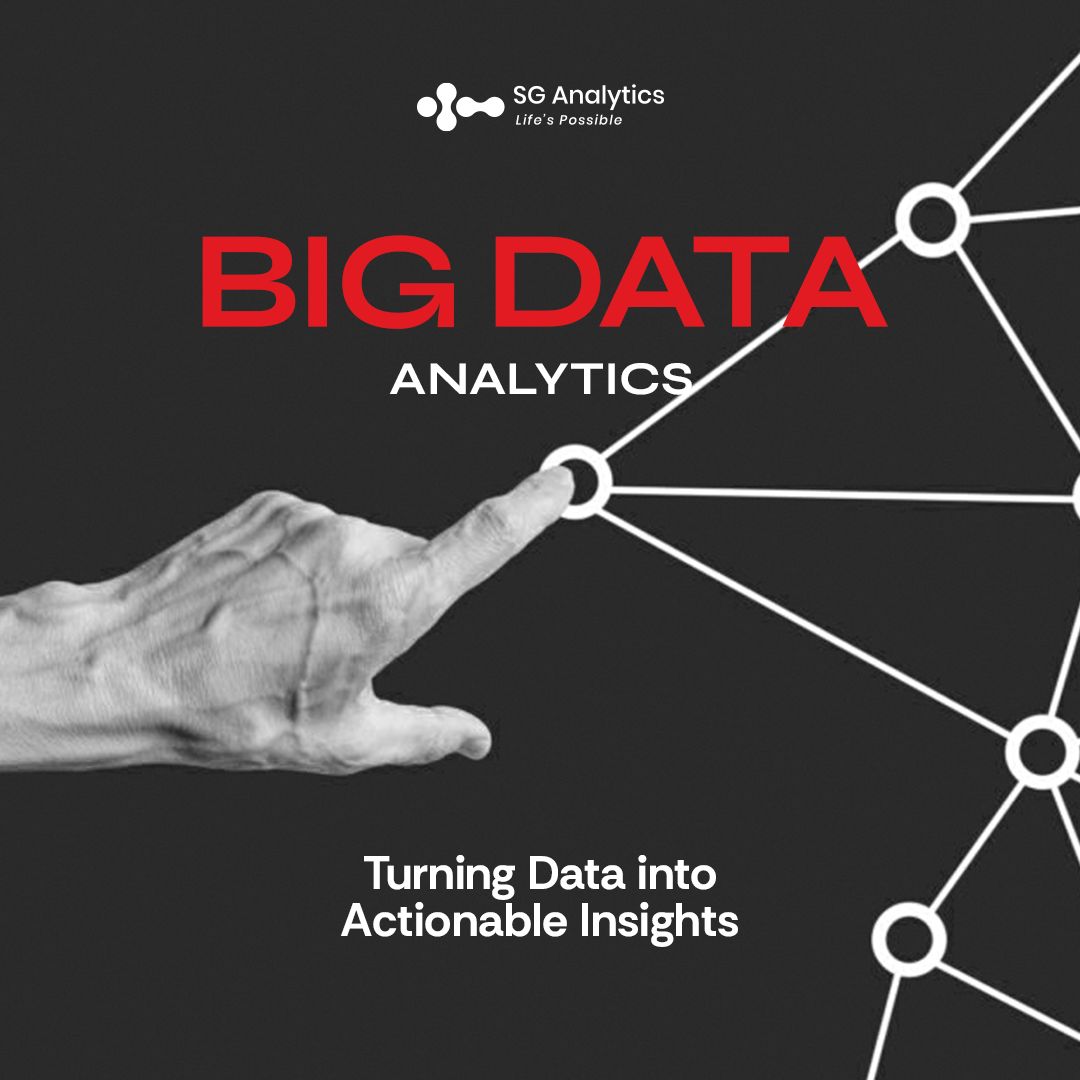Artificial Intelligence (AI) bias occurs when the AI models produce erroneous results that reflect human biases. It could result from historical societal bias, existing social inequality, or poor quality of data used for training AI models. After all, the performance of AI models depends on the size, quality, and objectivity of the training data and systemic biases that compromise training data. Such bias within AI algorithms due to the garbage in and garbage out phenomena pose a significant challenge for businesses since it injects aberrations in outcomes that affect business decisions. Sources suggest that nearly 40% of “facts” used by AI are afflicted by bias triggering a loop of resounding bias.
While most of the blogs have focused on training data quality, algorithmic design and lack of diversity as some of the key reasons of resulting a biased AI, this blog takes a deeper look at an overlooked component – data migration services which can decide the accuracy and efficiency of AI.
How Effective Data Migration Services Combat AI Bias
Data migration is often an overlooked component of unbiased AI algorithms. However, effective data migration solutions form the crux of unbiased and integral AI engines. Here’s how:
Bias Detection and Elimination
During data migration processes, specialized algorithms and manual data inspectors work together to detect any kind of biases. The screening of datasets helps identify any overt biases as well as subtle patterns that may otherwise go undetected. Once these have been identified, the data migration company actively works towards eliminating biases. Whether the bias stems from cultural impact, historical data, or inadvertent human prejudice, they are appropriately rectified and replaced with clean data. Only when the data quality is validated and found up to the mark they are then used to train AI algorithms.
Normalization of Diverse Data
Data migration services also include the normalization of datasets by composing high volumes of diverse data warehouses scaled for proportional representation. This normalization ensures that the AI model is adequately exposed to well-rounded data sets objectively representing various demographic, psychographic, and geographic details to reflect the diversity of thoughts and opinions. The resulting inclusivity addresses the issue of underrepresentation of the marginalized or unfairly treated groups to minimize bias and to offer fairness and objectivity to the decision-making process. The diverse perspective also trains the AI model to be more adept at generalized patterns than specific focus groups that reinforce biases.
Data Quality Assurance
Data quality assurance is a measure of data quality in terms of parameters like completeness, accuracy, and consistency. A data migration company places a strong emphasis on performing data quality assurance through an assortment of toolkits and metrics. The rinse-and-repeat function of assessing, cleansing, and validating data boosts data quality by eliminating inaccuracies, inconsistencies, and biases within the system. Such commitment to maintaining data quality ensures that AI trains with high-quality data devoid of the risk of bias.
Customized Strategies for Bias Mitigation
Data migration specialists understand that bias could be industry-specific. As such, they can tailor the data hygiene practices and strategies to address biases that may be inherent to a particular sector. Such vigilance allows them to optimize the data migration process to rectify any bias stemming from the industry context. It also helps them recognize issues that contribute to such biases and identify possible solutions to ensure fairness through and through.
Continuous Monitoring and Adaptation
A data migration company doesn’t just help migrate data in a single instance. It offers a bouquet of data migration services that engage in the continuous monitoring of data integrity and algorithmic outputs. It actively works towards eliminating drifts in accuracy or data quality. Additionally, these companies also make it a point to stay up to date on the latest and emerging ethical standards that can help with the long-term mitigation of bias. Such proactive vigilance paired with routine audits and interventions permits AI models to train without bias while honoring ethical considerations.
Impact of Clean Data on AI Algorithms
Clean data will have a deeply profound impact on the performance of AI algorithms in the following ways:
Sharper accuracy: 40% of business objectives fail due to inaccurate data. Addressing the issue of data quality can tackle data accuracy issues and improve success rates as AI algorithms are less likely to make decisions based on incomplete or misleading information.
Improved generalization: Generalization allows AI algorithms to detect patterns even in new, unseen data sets. Clean data will allow AI to generalize across various scenarios rather than fixating on specific patterns.
Increased trust: The use of clean data instills trust and confidence in AI applications. All stakeholders, from end-users to regulatory bodies, are more likely to trust AI systems based on clean datasets.
Optimized resource utilization: While working with clean data, you no longer have to dedicate resources for debugging or variation adjustments. This makes AI solutions cost-effective and ready for deployment.
Conclusion
With the increasing dependence on AI models for decision-making, effective data migration services can eliminate the possibility of bias and make well-rounded decisions that are fair and just. Given this vital role, organizations must invest in professional data migration services to safeguard data integrity while also eliminating the possibility of bias. Only through such constant monitoring and proactive bias mitigation could we pave the way for equitable technology.
The post Addressing Bias in AI Algorithms: The Overlooked Role of Data Migration Services appeared first on Datafloq.



